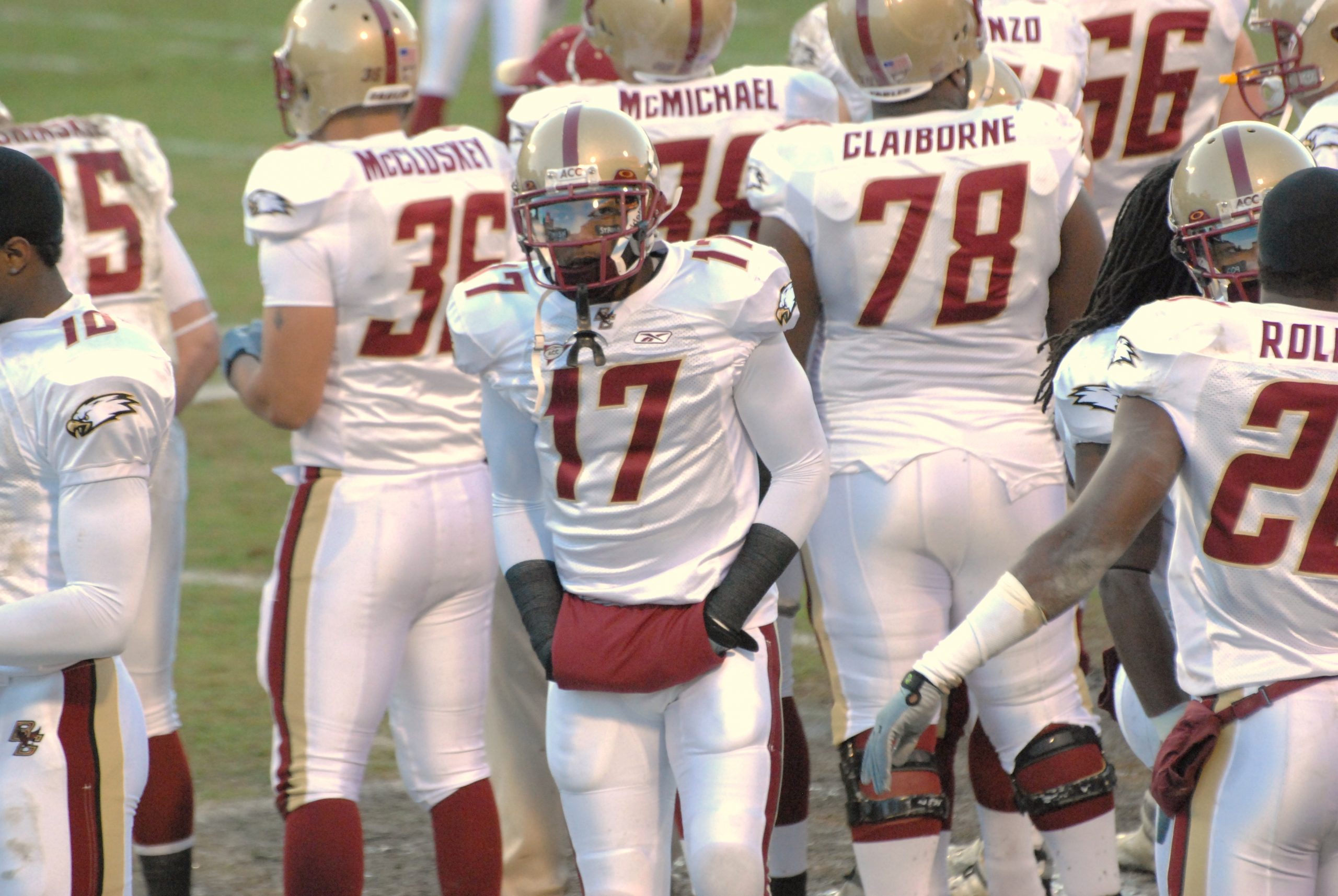An NFL season like no other will conclude Feb. 7 with Super Bowl 55, which will be unprecedented in many ways itself. A few ways Super Bowl week and Super Sunday will be far different during a pandemic:
The Tampa Bay Buccaneers will be the first team to host a Super Bowl in their stadium. Makes the family travel plans easier and probably lightens the mental load for a team with no more trips to make as the virus continues to rage.
Tampa’s Raymond James Stadium, which typically accommodates 65,618 fans, will be capped to a capacity of 22,000 due to COVID-19. The attendance for Super Bowl 43, the last time the game was played here (Steelers-Cardinals in 2009), was 70,774 with expanded seating.
More than one-third of those in attendance (approximately 7,500) will be vaccinated health care workers. Most will come from Central Florida. Though all 32 teams will be allowed to send health care representatives who fought the pandemic in their respective markets. All will watch the game as guests of the league. Every fan in attendance must wear a mask.
The only time the Super Bowl has not sold out was the first time it was played. It was dubbed the AFL-NFL World Championship Game in 1967. That game between the Chiefs and Packers had a record-low attendance (61,946), a mark that will be broken this year.
The traditional Super Bowl week kickoff event, known originally as “Media Day” but lately as “Opening Night,” will be drastically altered Monday. First, there will be no media. While it is still called “Opening Night,” those interviews will be conducted during the day. In recent years, fans were allowed to watch on-site and can instead turn to NFL Network (8 p.m. ET) for “the best of the best moments and an NFL Network exclusive conversation between Super Bowl coaches and quarterbacks,” according to a league news release.




